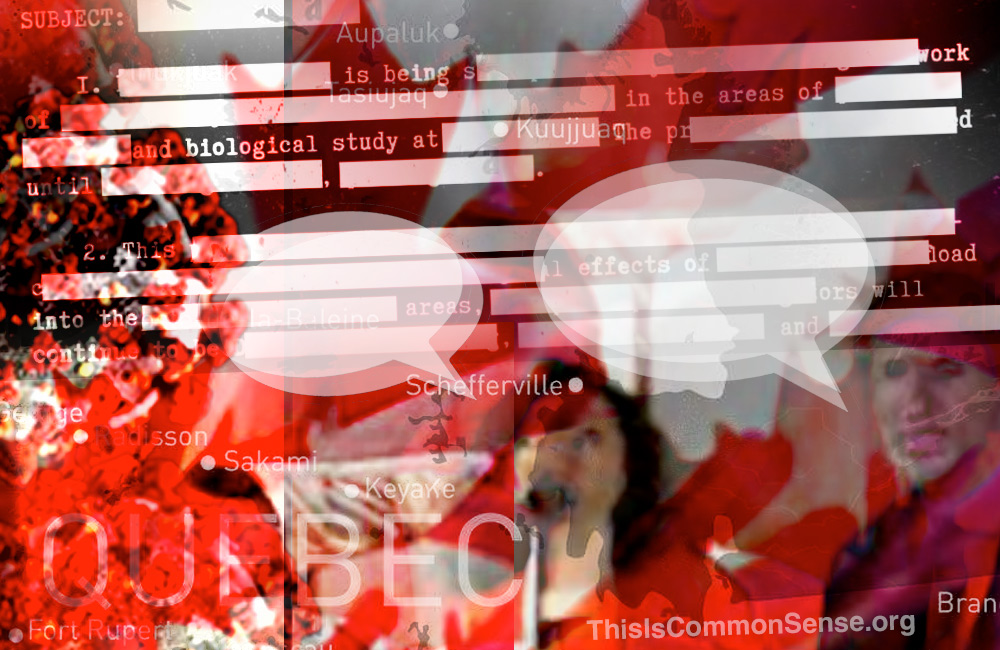Shawn McBreairty has the right to speak at public school board meetings in Maine.
That may not sound like the most controversial of contentions, but many school boards and even the Justice Department have been treating parents as criminals for publicly objecting when schools
- teach kids to feel racially guilty,
- unlearn the biologically obvious about sex, and in general
- engage in radical indoctrination at the expense of education.
The parents’ sin in such cases is that of nettling board members and others who want a free hand to inflict such policies.
Mr. McBreairty has gotten in hot water with more than one school board in Maine. The recent court ruling that he has the right to speak at board meetings was occasioned by the actions of the RSU 22 school district, which barred McBreairty from its own board meetings.
When he tried to attend one in June, the board used local police to stop him.
The judge in the case, Nancy Torreson, has no sympathy for the board’s antics, characterizing its rationale for trying to muzzle McBreairty as “evolving, ad hoc, and unsupported.”
Judge Torreson concludes that McBreairty’s expression of “school-related concerns at the podium during the public comment period of School Board meetings constitutes speech that is protected under the First Amendment.” Her ruling grants the motion for an order temporarily restraining the school board from stopping McBreairty from attending and speaking at its meetings.
Even if board members disagree with him.
McBreairty and the school board are in America, after all.
This is Common Sense. I’m Paul Jacob.
—
See all recent commentary
(simplified and organized)





